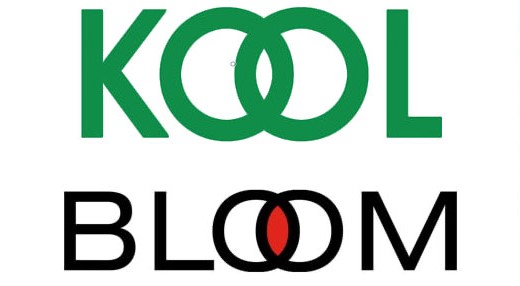Negligence under the Final Rule for Hemp Production
Last week we outlined some of the key updates in the USDA’s Final Rule for domestic hemp production. The 301-page rule contained a wealth of commentary and analysis about how the regulations will be applied, so we’re diving deeper into the weeds to pull out some items of interest.
To avoid the problem of growers “accidentally” producing marijuana instead of hemp, USDA’s interim rule established a negligence standard. Growers which were negligent in their efforts to produce hemp (too much THC, etc.) faced penalties and the loss of their license. The Final Rule changed the compliance standards and how a grower could be found “negligent.”
- The Final Rule adopts a long-established and well-known definition of negligence: “the failure to exercise the standard of care that a reasonably prudent person would have exercised in a similar situation.” Thus, the definition incorporates the flexible standard of “reasonableness” to all production activities.
- The safe harbor for THC content was changed from .05 to 1.0 percent THC, i.e., hemp with up to 1.0 % THC is not negligent.
- Growers are subject to only one negligent violation per year. It was unclear under the interim rule whether a grower could rack up multiple negligent violations in a single season.
Remember, a grower that gets 3 negligent violations in a 5 year period will be barred from producing hemp for 5 years. The Rule still has three “bright line” violations that are automatically negligent:
- Failure to provide a legal description of the land
- Failing to obtain a license
- Producing hemp with more than 0.3% THC on a dry weight basis
But as explained above, the changes in the Final Rule provide more flexibility with regard to the third violation – producing hemp with too much THC.
A cannabis trademark that is un-Kool
Another cannabis brand dispute emerged in court last week when the owner of Kool brand cigarettes sued Bloom Brands, a California cannabis business, for trademark infringement. The word “Kool” with interlocking “O”s in the word’s design has been a registered trademark for cigarettes since 1949. Bloom also uses interlocking “O”s in its brand name and recently applied to register its trademark with the interlocking letter design.

Similarities notwithstanding, these sort of brand disputes between the cannabis industry and more mainstream companies are likely to multiply until cannabis gains more widespread acceptance.
Cape Law Firm’s Frequently (or Randomly) Asked Questions
“What is Brown Bag Seed”
Brown bag seed refers to the business practice of growing a protected variety to sell without the permission of the variety owner. Historically, this seed was put into plain brown bags instead of the branded packaging of the variety owner. The practice of saving seed from one crop in order to have seed to plant next year’s crop is as old as farming itself. When you think about it, it just makes sense. But this ancient practice has posed challenges to seed companies and plant breeders trying to improve varieties and build markets. When intellectual property protection became available for plants – especially the Plant Variety Protection Act – brown bag seed was largely prohibited so that innovations in plant varieties wouldn’t be lost to the public domain as soon as they were released.




